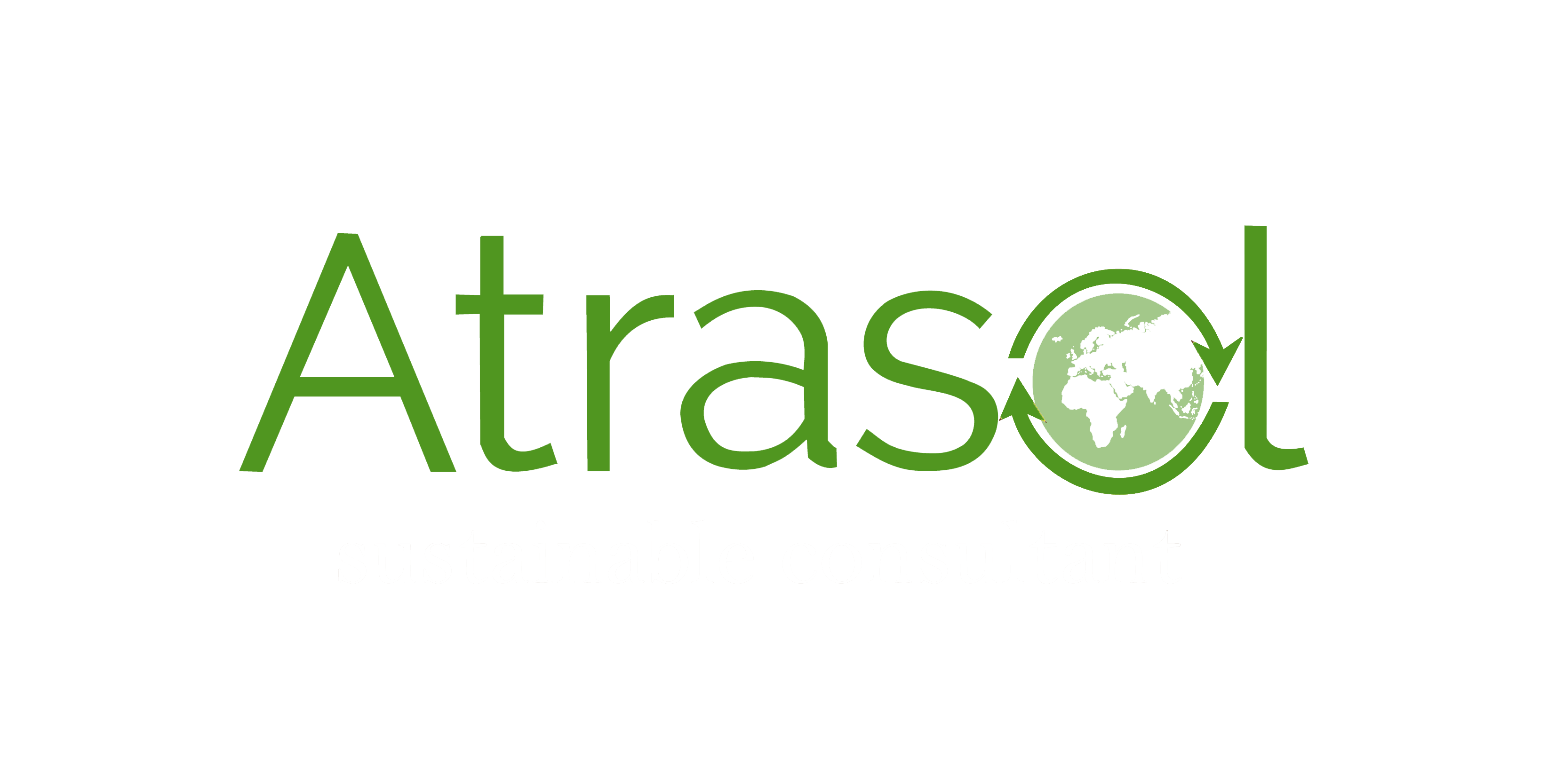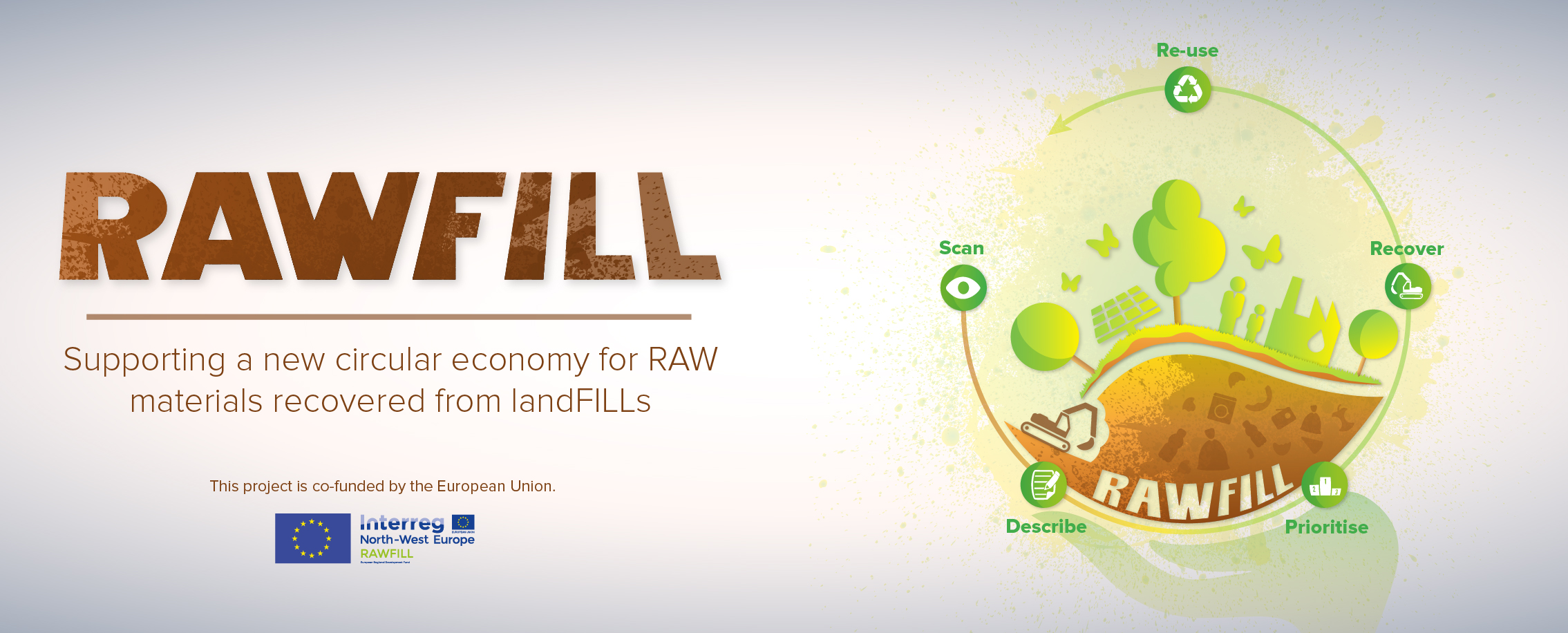The “RAWFILL” project was launched as part of the INTERREG North-West Europe cross-border cooperation program. The project aims to develop a circular economy around the materials present in landfills in Europe. The project aims to evaluate the economic potential of landfills to stimulate the recovery of buried metals, raw materials, and other valuable products.
The project started in March 2017 and ended in 2021. It was led by eight European partners, including five Belgians, namely OVAM, the University of Liège, I-Cleantech Vlaanderen, Atrasol, SPAQUE, BAV (Germany), SAS Les Champs Jouault (France), and the Natural Environment Research Council (United Kingdom).
SPAQUE was the project leader and ensured project management (administrative, financial, and technical) as well as internal communication for all partners. Other SPAQUE activities planned under the project were related to participation in achieving the objectives and deliverables of the different work modules.
The project had three main objectives:
- Establish a precise framework for inventorying landfills in Western Europe.
- Design an innovative approach (more efficient and less costly) to landfill characterization by integrating economic data.
- Develop a decision-making tool for ranking landfills and defining the economically most interesting “landfill mining” projects.
Geophysical studies, sampling, and financial feasibility studies were conducted during two pilot tests on a landfill in Flanders and another in France (as well as a reserve site in Wallonia).


